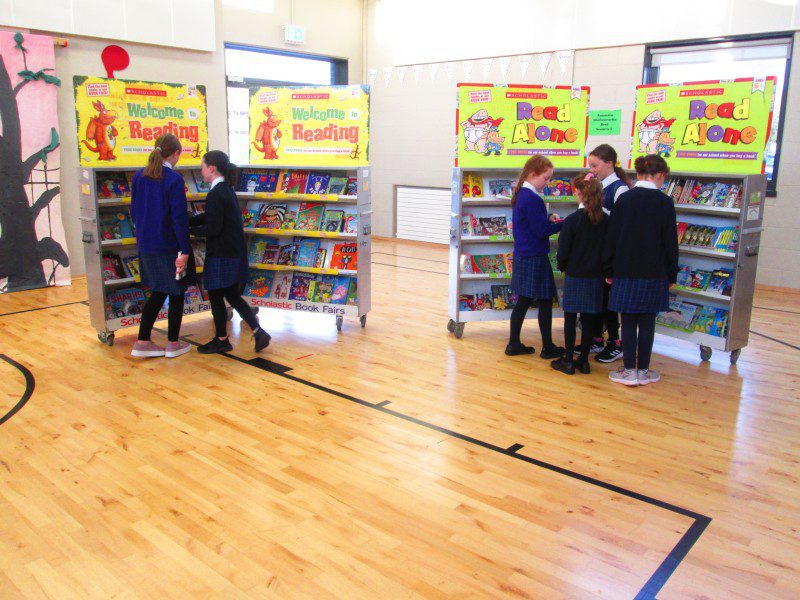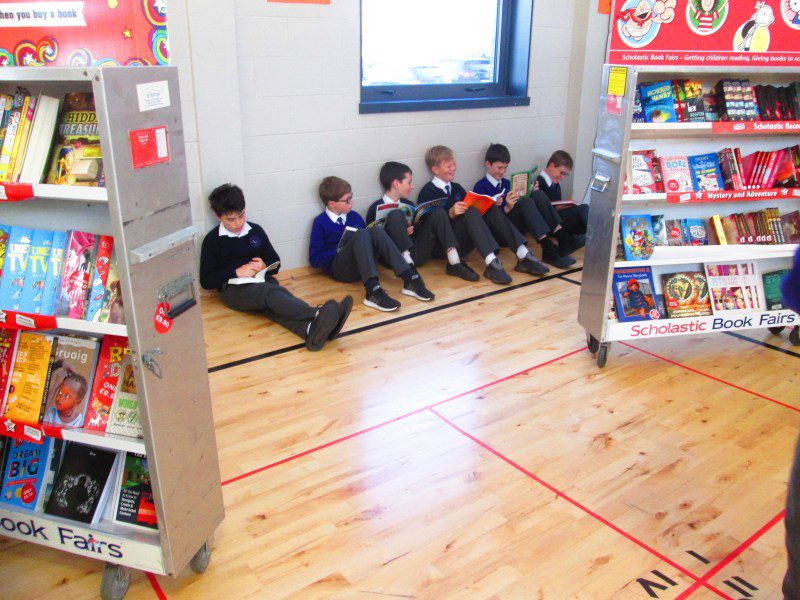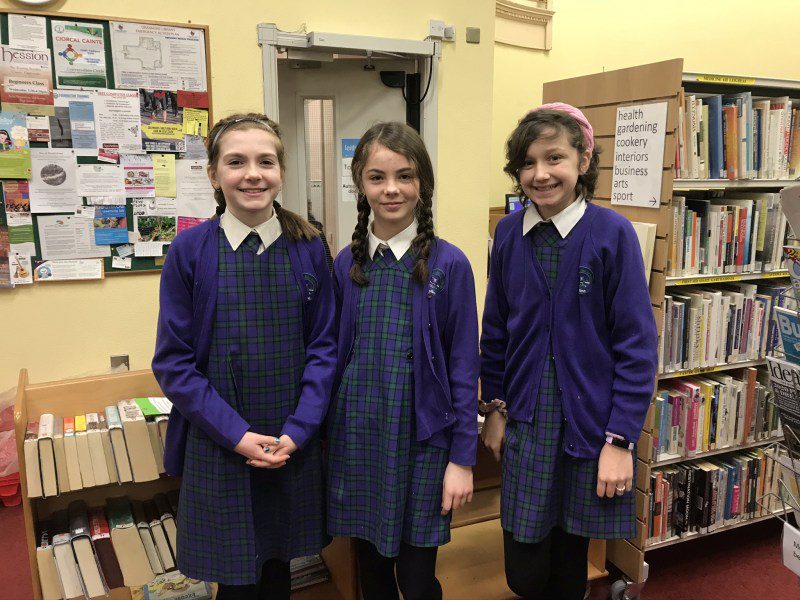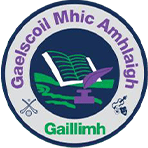English Language
English Language
The English Language Curriculum is structured to make it easy for teachers to support children learning English.Learning Outcomes are used to describe the expected learning and development for the students. In the most recent Language curriculum you will see that;- Your child will have lots of opportunities to talk in class, give their opinion and express their thoughts and ideas. Children will also be given the opportunity to explore and offer their opinions on poems, stories and messages written by others.
- Your child will be supported in making progress in oral language, reading and writing at a level and pace suited to them. The English Language Curriculum supports children with different learning strengths and needs.
New Primary Language Curriculum for English
The curriculum used in primary schools is changing. The new Primary Language Curriculum for English (and Irish) is the first part of this. Children in junior infants to second class have already been experiencing this new curriculum. Soon your child in third to sixth class will also be learning through it.
The new curriculum is structured to make it easier for teachers to support children learning both English and Irish. As a parent, the biggest difference you’ll see is in how your child will learn the two languages in school.
- your child will be supported in making progress in oral language, reading and writing at a level and pace suited to them. The new Language Curriculum supports children with different learning strengths and needs
- your child’s language learning in the infant classes will happen through play and playful interactions with their friends and teacher in the classroom. This will help them to build on their language learning in the preschool years based on Aistear: the Early Childhood Curriculum Framework.
- your child will learn to think about and question what they read and to consider authors’ different perspectives. This will help them to express their own preferences and opinions.
- your child will see links between English and Irish and come to understand that what they learn in one helps when learning the other language.
- your child may be exposed to languages other than English and Irish as the new Language Curriculum highlights the importance and value of acknowledging and promoting all children’s home languages.
- your child will have opportunities to engage with technology in creative and imaginative ways, supporting a positive and responsible attitude towards its use. Overall, the new Language Curriculum supports teachers in providing language learning experiences that will help each child reach their full potential in English and Irish.
The Language Curriculum can be viewed at www.curriculumonline.ie There are videos introducing the curriculum as well as other material looking at different aspects of language learning and teaching.
Following are some things parents/ guardians can do to increase children’s listening and speaking skills:
- When your child is speaking, get down to their eye level. It is difficult to keep up a conversation with someone when you must keep looking up.
- Treat your child as if he/ she is skilled at conversation. Give him/ her full attention and focus on what he/ she has to say.
- Ask open-ended questions to follow up on what they share.
- Ask your child questions about things to which you do not know the answer. Questions that ask children to reflect on a topic or to formulate opinions and explain them not only show children that you value their ideas but also encourage them to think about them.
- Encourage your children to learn to listen to one another. When adults value listening to children and to each other, children will notice this. Adults must also, however, be intentional in giving children the skills to listen to one another.
As a parent or guardian, you can encourage your child to talk about things that interest them and to have fun with reading and writing. You can also encourage your child to read different genres, such as stories and poems and to give their thoughts and opinions on them. You might also give them opportunities to take part in different types of writing, for example, creating a shopping list, sending an email to a relative, writing a story or report as part of a library project. Additional information for parents can be found at: www.ncca.ie/en/primary/resources-for-parents/

School Book Fair
In order to enhance a love of reading and books the school holds an annual Book Fair in which children get the opportunity to handle and read books and to meet an author,editor or reporter .
In recent years we have welcomed guests such as Pat Mc Grath Western Correspondent from RTE, Bernadette Prendergast from Galway Bay FM, Niamh Murphy editor for the Connacht Tribune to our school to read from one of their books or to speak to the children about their profession.
School Readathon
In order to develop fluency in reading and foster good habits like reading for pleasure we run an annual school readathon The Readathon which is run over 7 weeks has many benefits and is enjoyed by all the children while nurturing the skills the children have acquired in class. Teachers invite the children to write reviews and book reports on their favourite books.


Literacy Lift off & Reading Recovery
Children in Gaelscoil Mhic Amhlaigh participate in Literacy Lift Off. This is a programme that develops their reading comprehension and fluency in reading and writing. Reading Recovery is an early intervention programme that provides support for children in literacy. It is tailored to suit the individual needs of the child.
